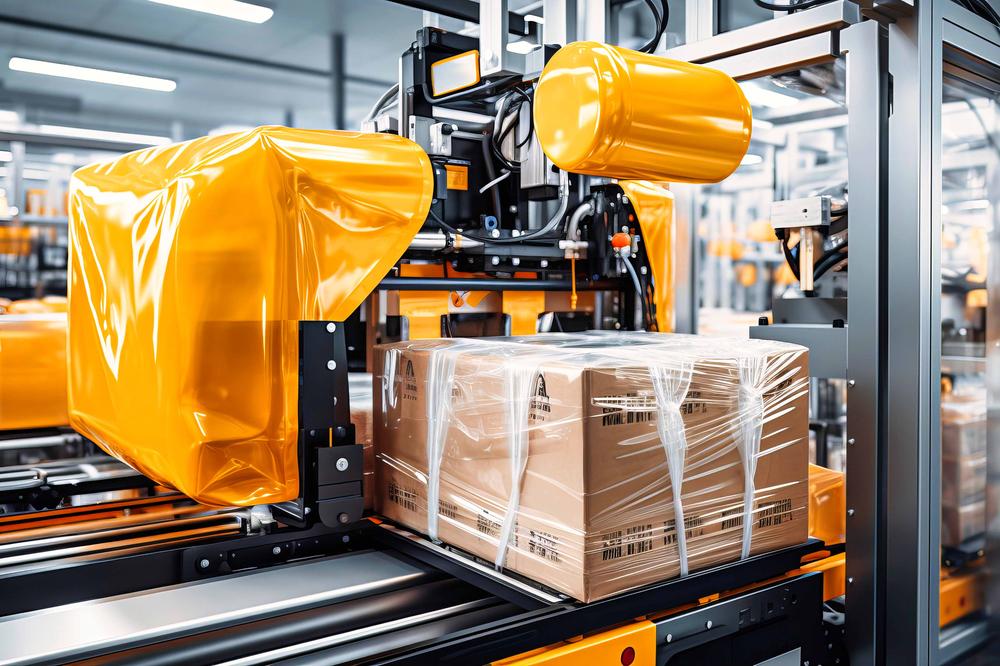
The B2B platform for the best purchasing descision. Identify and compare relevant B2B manufacturers, suppliers and retailers
Close
Filter
Result configuration
Continents
Select continent
Locations
Result types
Company type
Select company type
Industries
Select industry
Company status
Select company status preset
Number of employees
Min.
Max.
Founding year
Free Cool Systems .com
Seoul, South Korea
A
251-500 Employees
1989
Key takeaway
The company highlights its compact minisplit air conditioners that utilize eco-friendly R410a gas, ensuring a comfortable indoor environment while minimizing energy consumption and reducing the risk of air conditioning-related illnesses. Their innovative hybrid engineering and global after-sales support further enhance customer satisfaction and comfort.
Reference
Core business
Free Cool Systems | Home

GAS POWER CO.,LTD
Seoul, South Korea
A
11-50 Employees
2006
Key takeaway
The company emphasizes its commitment to efficient and reliable control systems for products like cooling towers and heat exchangers, which could be relevant for understanding their approach to air conditioning solutions. Their focus on innovative product development and comprehensive engineering services suggests a capability to enhance HVAC systems.
Reference
Core business
Compressor | 가스파워
Compressor
Looking for more accurate results?
Find the right companies for free by entering your custom query!
25M+ companies
250M+ products
Free to use
Technologies which have been searched by others and may be interesting for you:
A selection of suitable products and services provided by verified companies according to your search.
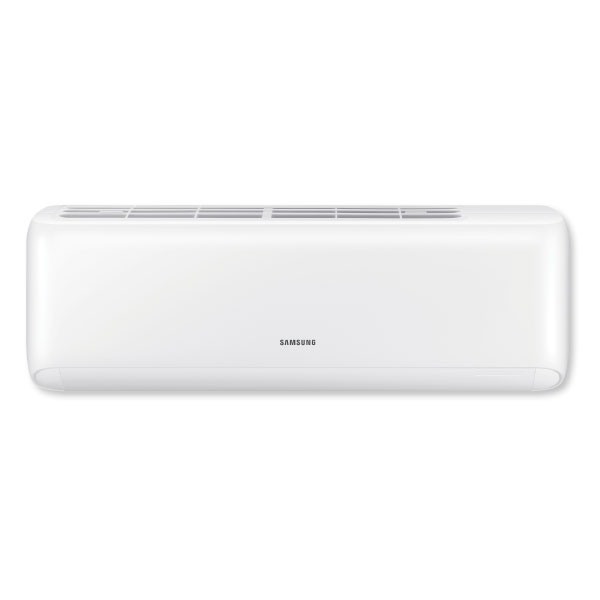
Service
Samsung
Go to product
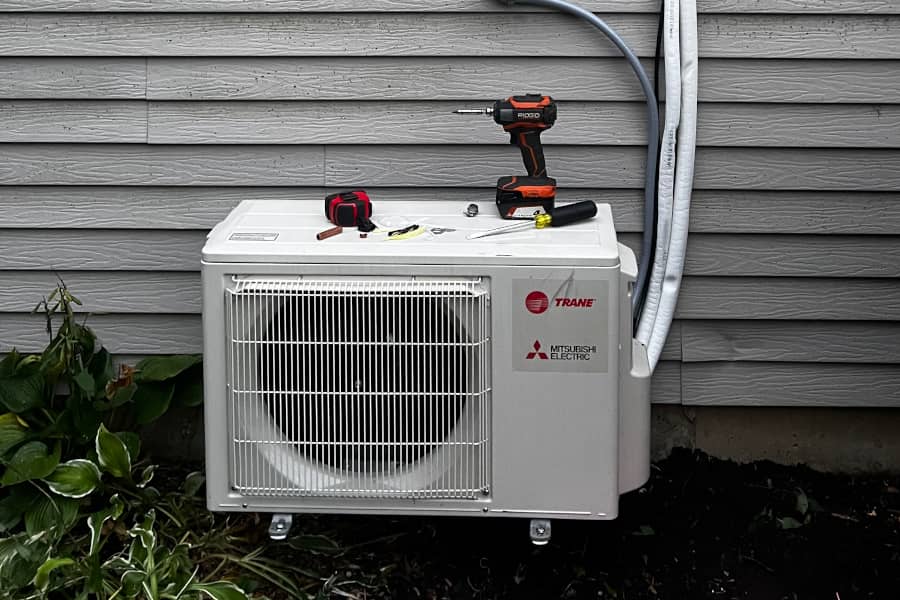
Service
Air Conditioning Repair Elgin IL
Go to product
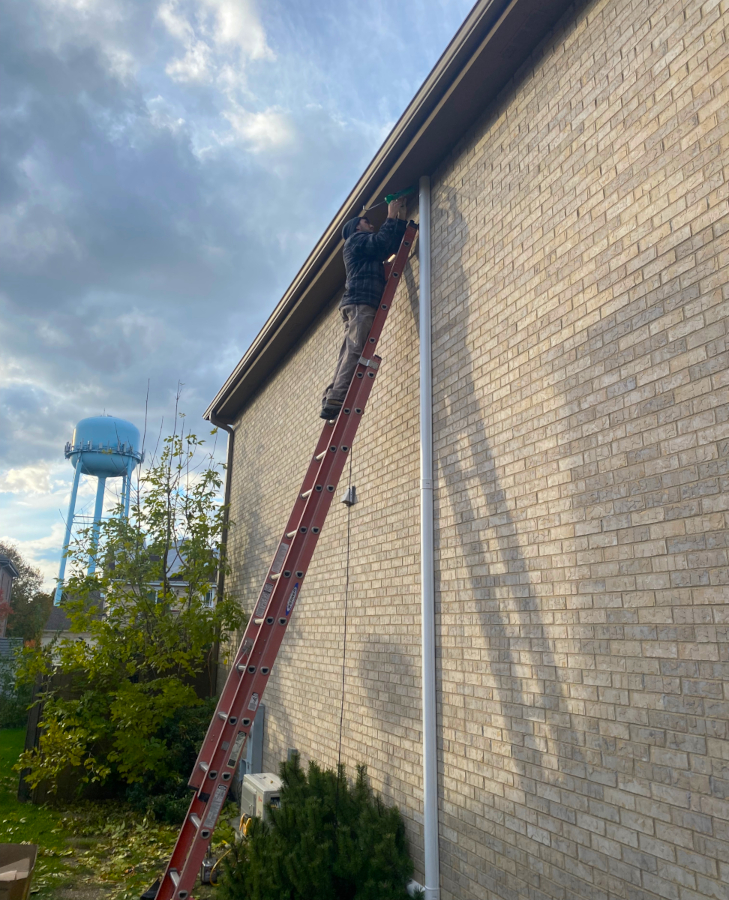
Service
Air Conditioning Maintenance Elgin IL
Go to product
A selection of suitable use cases for products or services provided by verified companies according to your search.
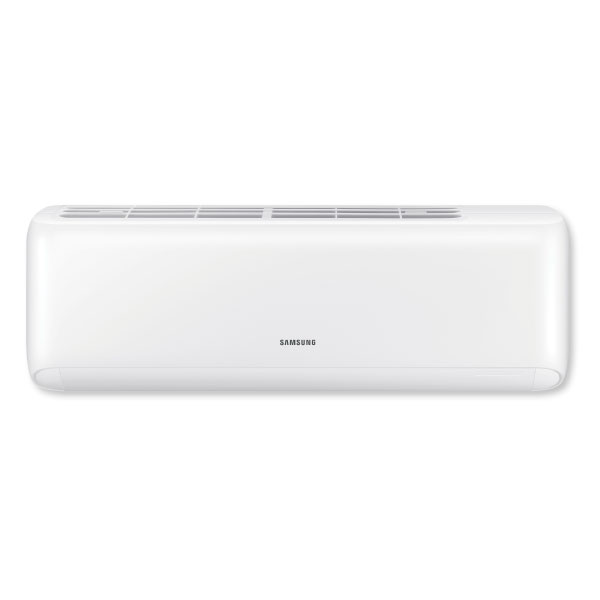
Use case
Aircon Installation
Air Conditioner
1. Introduction: This use case outlines the installation of a Samsung non-inverter air conditioner in a small office environment. It details the context, requirements, and expected benefits of the installation. 2. Project Goal: To provide comfortable and consistent cooling in a small office space, improving employee productivity and well-being during hot weather. 3. Project Scope: This project encompasses the following: Selection: Choosing an appropriate Samsung non-inverter air conditioner model based on the office size, cooling requirements, and budget. Installation: Professional installation of the chosen unit, including mounting the indoor and outdoor units, connecting refrigerant lines, electrical wiring, and drainage. Testing: Thorough testing of the installed unit to ensure proper functionality and cooling performance. Documentation: Maintaining records of the installation process, warranty information, and user manuals. 4. Stakeholders: Office Manager: Responsible for overseeing the project and budget. Employees: Beneficiaries of the improved office environment. Installation Technician: Responsible for the professional installation of the air conditioner. Samsung (or Authorized Dealer): Provides the air conditioning unit and warranty support. 5. Pre-Conditions: The office space is suitable for air conditioner installation (e.g., appropriate wall space, access for outdoor unit placement, adequate electrical supply). Necessary approvals have been obtained (if required). The chosen Samsung non-inverter air conditioner unit has been purchased and is available for installation. 6. Installation Steps (Typical): Site Survey: The technician assesses the office space and determines the optimal location for the indoor and outdoor units. Indoor Unit Installation: The indoor unit is mounted securely on the wall, ensuring proper alignment and drainage. Outdoor Unit Installation: The outdoor unit is placed on a stable surface or mounted on a wall, considering ventilation and noise levels. Refrigerant Line Connection: Refrigerant lines are carefully connected between the indoor and outdoor units, ensuring leak-free connections. Electrical Wiring: Electrical wiring is completed, adhering to local electrical codes and safety regulations. Drainage Connection: A drainage system is installed to effectively drain condensation from the indoor unit. System Evacuation: The system is evacuated to remove moisture and non-condensable gases. Refrigerant Charging: The system is charged with the correct amount of refrigerant. Testing and Commissioning: The air conditioner is tested to verify proper operation, cooling performance, and airflow. User Training: The office manager (or designated personnel) is briefed on the operation and maintenance of the air conditioner. 7. Post-Conditions: The Samsung non-inverter air conditioner is fully functional and providing effective cooling to the office space. Employees experience improved comfort and productivity. The installation is documented, and warranty information is readily available. 8. Alternative Flows (Potential Issues): Problem: Unsuitable electrical supply. Solution: Consult an electrician to upgrade the electrical system if needed. Problem: Insufficient space for the outdoor unit. Solution: Explore alternative locations or consider a different air conditioner model. Problem: Leak in refrigerant lines. Solution: The technician identifies and repairs the leak, evacuates the system, and recharges with refrigerant. 9. Expected Benefits: Improved Comfort: Consistent and comfortable temperature in the office. Increased Productivity: Employees are less distracted by heat and can focus better on their work. Enhanced Well-being: A comfortable environment contributes to employee well-being and reduces heat-related stress. 10. Success Measurement: Consistent and comfortable office temperature during hot weather. Positive feedback from employees regarding the office environment. Minimal or no issues with the air conditioning unit. 11. Assumptions: The office space is adequately insulated. The air conditioner is appropriately sized for the office space. Regular maintenance will be performed to ensure optimal performance and longevity.

Use case
Aircon Installation
Air Conditioner
1. Introduction: This use case outlines the installation of a Samsung non-inverter air conditioner in a small office environment. It details the context, requirements, and expected benefits of the installation. 2. Project Goal: To provide comfortable and consistent cooling in a small office space, improving employee productivity and well-being during hot weather. 3. Project Scope: This project encompasses the following: Selection: Choosing an appropriate Samsung non-inverter air conditioner model based on the office size, cooling requirements, and budget. Installation: Professional installation of the chosen unit, including mounting the indoor and outdoor units, connecting refrigerant lines, electrical wiring, and drainage. Testing: Thorough testing of the installed unit to ensure proper functionality and cooling performance. Documentation: Maintaining records of the installation process, warranty information, and user manuals. 4. Stakeholders: Office Manager: Responsible for overseeing the project and budget. Employees: Beneficiaries of the improved office environment. Installation Technician: Responsible for the professional installation of the air conditioner. Samsung (or Authorized Dealer): Provides the air conditioning unit and warranty support. 5. Pre-Conditions: The office space is suitable for air conditioner installation (e.g., appropriate wall space, access for outdoor unit placement, adequate electrical supply). Necessary approvals have been obtained (if required). The chosen Samsung non-inverter air conditioner unit has been purchased and is available for installation. 6. Installation Steps (Typical): Site Survey: The technician assesses the office space and determines the optimal location for the indoor and outdoor units. Indoor Unit Installation: The indoor unit is mounted securely on the wall, ensuring proper alignment and drainage. Outdoor Unit Installation: The outdoor unit is placed on a stable surface or mounted on a wall, considering ventilation and noise levels. Refrigerant Line Connection: Refrigerant lines are carefully connected between the indoor and outdoor units, ensuring leak-free connections. Electrical Wiring: Electrical wiring is completed, adhering to local electrical codes and safety regulations. Drainage Connection: A drainage system is installed to effectively drain condensation from the indoor unit. System Evacuation: The system is evacuated to remove moisture and non-condensable gases. Refrigerant Charging: The system is charged with the correct amount of refrigerant. Testing and Commissioning: The air conditioner is tested to verify proper operation, cooling performance, and airflow. User Training: The office manager (or designated personnel) is briefed on the operation and maintenance of the air conditioner. 7. Post-Conditions: The Samsung non-inverter air conditioner is fully functional and providing effective cooling to the office space. Employees experience improved comfort and productivity. The installation is documented, and warranty information is readily available. 8. Alternative Flows (Potential Issues): Problem: Unsuitable electrical supply. Solution: Consult an electrician to upgrade the electrical system if needed. Problem: Insufficient space for the outdoor unit. Solution: Explore alternative locations or consider a different air conditioner model. Problem: Leak in refrigerant lines. Solution: The technician identifies and repairs the leak, evacuates the system, and recharges with refrigerant. 9. Expected Benefits: Improved Comfort: Consistent and comfortable temperature in the office. Increased Productivity: Employees are less distracted by heat and can focus better on their work. Enhanced Well-being: A comfortable environment contributes to employee well-being and reduces heat-related stress. 10. Success Measurement: Consistent and comfortable office temperature during hot weather. Positive feedback from employees regarding the office environment. Minimal or no issues with the air conditioning unit. 11. Assumptions: The office space is adequately insulated. The air conditioner is appropriately sized for the office space. Regular maintenance will be performed to ensure optimal performance and longevity.
When exploring the Minisplit Air Conditioner industry in South Korea, several key considerations come into play. Understanding local regulations is crucial, as South Korea has stringent energy efficiency standards and environmental laws that govern HVAC systems. Compliance with these regulations can influence product design and market entry strategies. The competitive landscape is dynamic, with both domestic and international players vying for market share. Companies must be aware of the unique preferences of South Korean consumers, who often prioritize energy efficiency and advanced technology features. Challenges include navigating supply chain issues and fluctuating material costs, which can impact pricing and availability. However, there are also significant opportunities, particularly in the context of rising temperatures and increased demand for effective cooling solutions. The government's commitment to reducing carbon emissions further encourages investment in energy-efficient technologies, presenting avenues for innovation in the sector. Additionally, the global market relevance of Minisplit systems is increasing, as more countries seek to adopt energy-efficient cooling solutions. Companies looking to enter this market should focus on local partnerships and stay updated on technological advancements, as these can significantly enhance their competitive edge.
Some interesting numbers and facts about your company results for Minisplit Air Conditioner
| Country with most fitting companies | South Korea |
| Amount of fitting manufacturers | 2 |
| Amount of suitable service providers | 1 |
| Average amount of employees | 251-500 |
| Oldest suiting company | 1989 |
| Youngest suiting company | 2006 |
Some interesting questions that has been asked about the results you have just received for Minisplit Air Conditioner
What are related technologies to Minisplit Air Conditioner?
Based on our calculations related technologies to Minisplit Air Conditioner are Heat Exchangers, Hydraulic & Pneumatic Systems, Industrial Reactors, Industrial Packaging, Industrial Filters
Which industries are mostly working on Minisplit Air Conditioner?
The most represented industries which are working in Minisplit Air Conditioner are Electronics and Electrical engineering, Other
How does ensun find these Minisplit Air Conditioner Manufacturers?
ensun uses an advanced search and ranking system capable of sifting through millions of companies and hundreds of millions of products and services to identify suitable matches. This is achieved by leveraging cutting-edge technologies, including Artificial Intelligence.